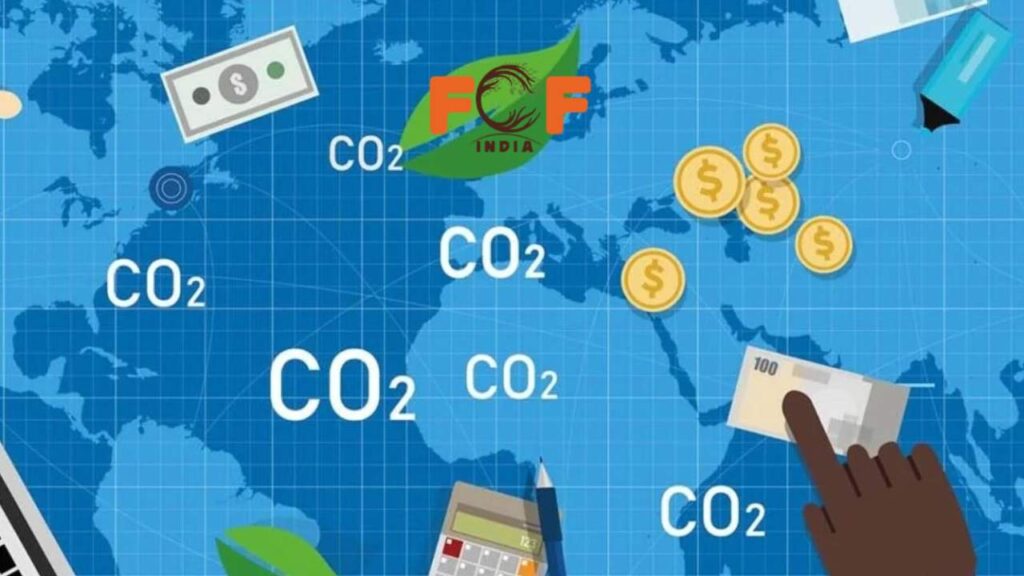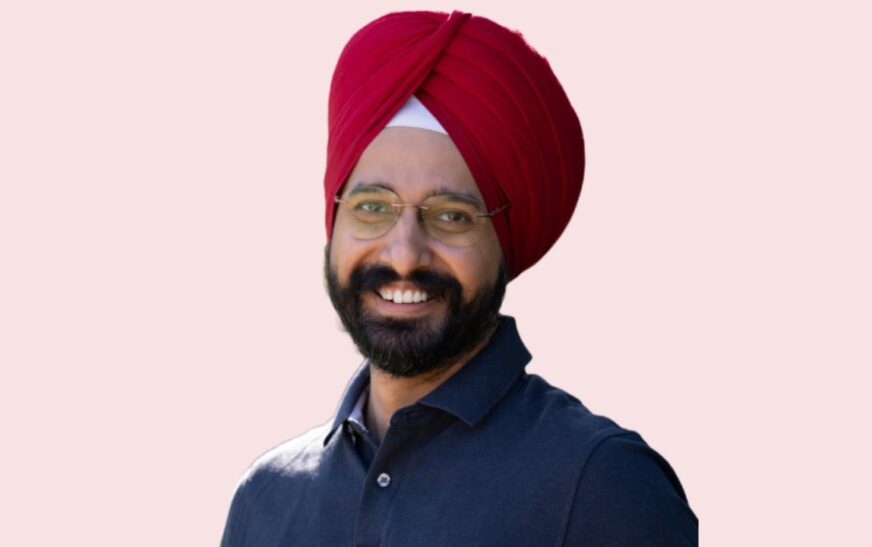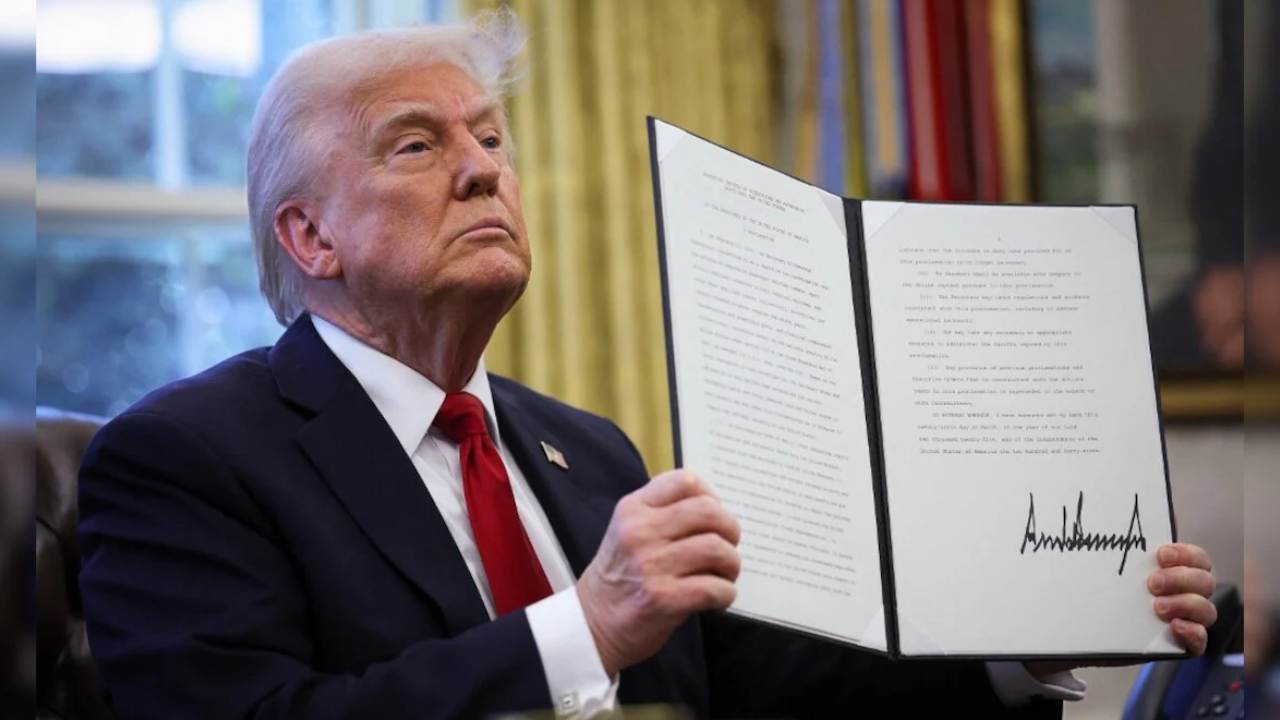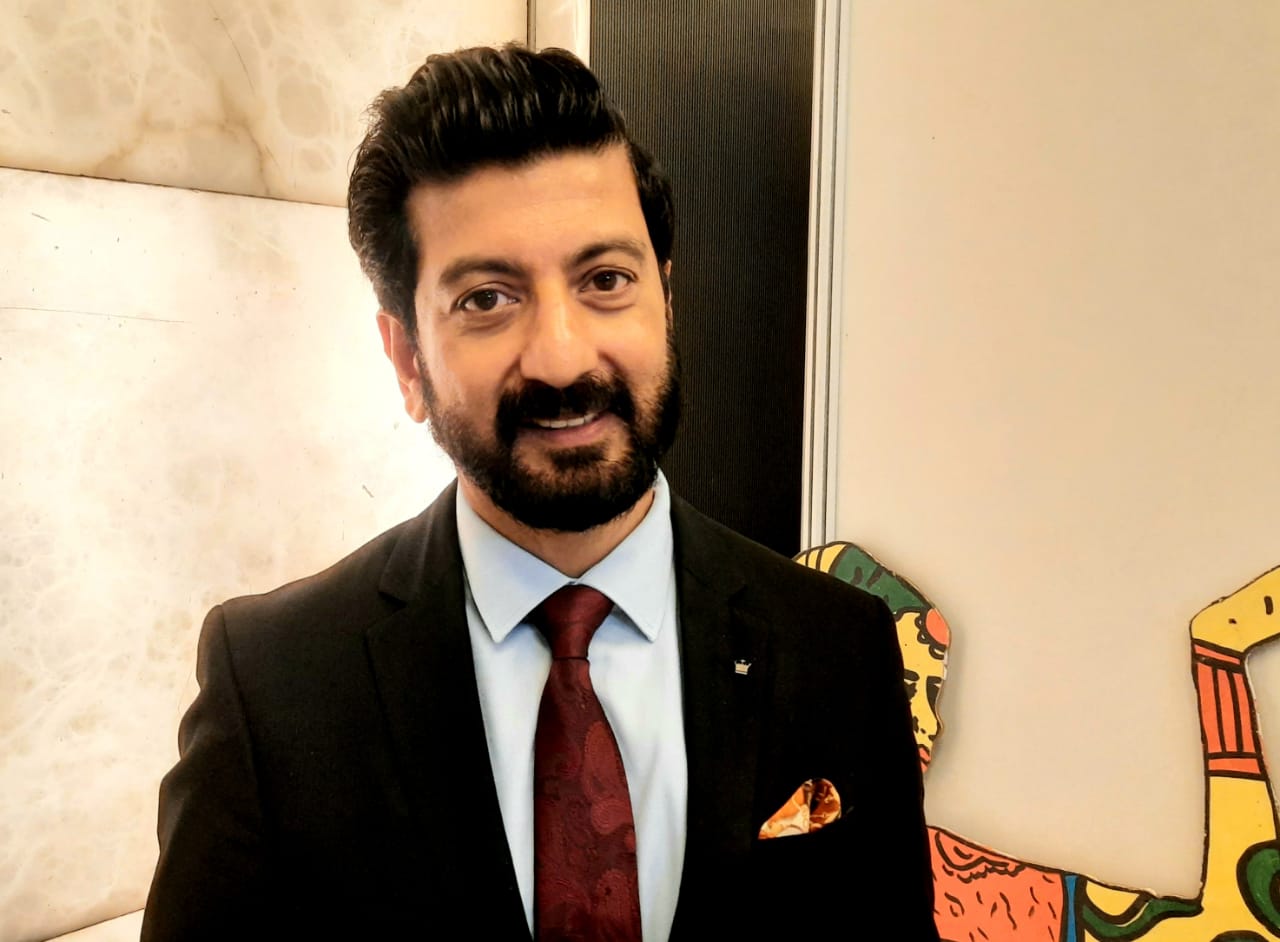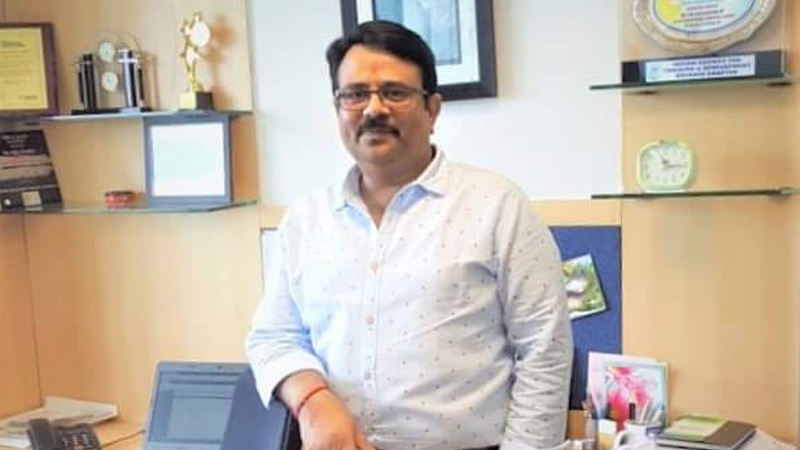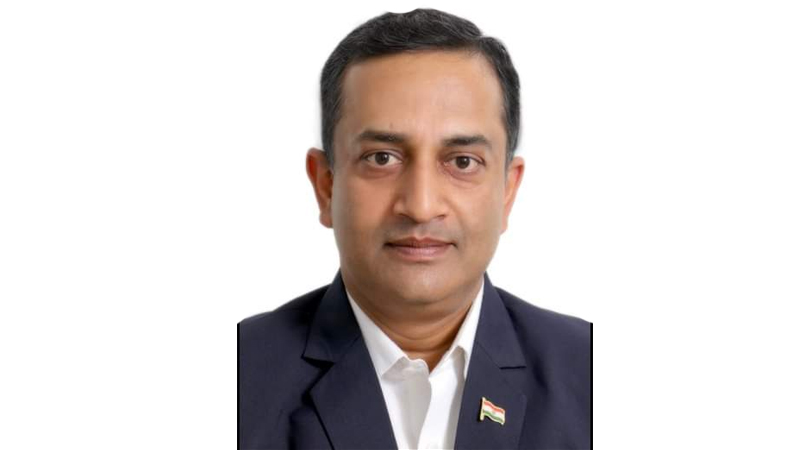FCF India is a mission-driven social enterprise leveraging international carbon market to drive impactful climate interventions in developing nations. By adopting a business-centric approach, the organization bridges the gap between sustainability and economic viability. As an integral part of the ‘Fair Climate Fund Netherlands’ network, FCF India operates with a team of climate and sustainability experts dedicated to crafting tailored solutions for pressing environmental challenges.
Committed to transparency, quality, and tangible impact, FCF India delivers innovative climate change mitigation strategies. Its team of industry specialists goes beyond conventional business practices, offering cutting-edge solutions that create lasting environmental and socio-economic benefits.
FCF India’s core services span carbon financing, project development, and climate action advisory. The organization has spearheaded transformative initiatives, including the deployment of improved cookstoves in rural households, large-scale afforestation and plantation programs, and the transition from fossil fuel-powered vehicles to electric mobility. These projects significantly curb greenhouse gas emissions while strengthening community resilience and ecological sustainability.
In an exclusive conversation with The Interview World, Jasmeet Singh Bajaj, Founder and Director of FCF India, unpacks the complexities of scaling carbon market for smallholder farmers and reveals how his organization is tackling these challenges. He further underscores the long-term environmental and economic value of afforestation programs, highlights the critical role of technology in enhancing transparency and efficiency in climate initiatives, and delves into the evolution of international carbon market. Bajaj also sheds light on FCF India’s pivotal role in combating climate change and provides key insights into the shifting landscape of climate finance and carbon market development in India. Here are the most compelling takeaways from our conversation.
Q: With over a decade of expertise in carbon finance, what challenges do you see in scaling carbon market for smallholder farmers, and how is FCF India addressing them?
A: Scaling carbon market for smallholder farmers comes with significant hurdles—high transaction costs, complex monitoring processes, limited financial access, and a lack of awareness in rural communities.
At FCF India, we tackle these challenges through a strategic, technology-driven, and inclusive approach. We design fair and inclusive programs by leveraging our deep expertise in carbon market to ensure equitable benefit distribution. By aggregating smallholder farmers into larger carbon programs, we lower individual costs and enhance participation.
To streamline monitoring, we also deploy advanced digital MRV (Monitoring, Reporting, and Verification) systems, utilizing satellite data and AI to track carbon sequestration with precision. Partnering with private sector organizations, we provide pre-financing solutions that offer farmers upfront financial support, making participation more accessible.
Additionally, we conduct on-ground training and capacity-building programs to equip farmers with the knowledge and tools needed for seamless integration into carbon credit systems. By combining innovation, collaboration, and hands-on engagement, we make carbon market more accessible and rewarding for smallholder farmers, driving both environmental and economic impact.
Q: How do you ensure that your afforestation and plantation programs have long-term environmental and economic benefits?
A: Sustaining long-term benefits demands a comprehensive strategy that seamlessly blends environmental resilience with economic viability. Our approach prioritizes ecological balance while empowering local communities through targeted interventions.
We carefully select native, drought-resistant species that flourish in local conditions. This enhances biodiversity, improves soil health, and strengthens ecosystems against climate extremes. To ensure lasting impact, we foster community ownership by actively involving local farmers and stakeholders in both plantation and maintenance. This not only provides economic incentives but also instills a deep sense of responsibility for long-term care.
Our afforestation model integrates multi-use agroforestry, combining fruit-bearing, medicinal, and timber-yielding trees. This approach generates consistent economic returns for farmers while preserving critical carbon sequestration benefits. Additionally, we allocate a share of carbon credit revenues to ongoing maintenance, reinforcing sustainability well beyond the initial planting phase.
By embedding climate resilience, livelihood security, and enduring carbon capture into every stage of our efforts, we create a self-sustaining afforestation model that delivers both ecological and economic prosperity.
Q: Your initiatives, such as improved cookstoves and plantation programs, directly impact rural communities. How do you balance environmental sustainability with economic empowerment?
A: At FCF India, we believe climate action must drive economic empowerment, not compete with it. Our strategy merges sustainability with financial opportunity, ensuring lasting impact for rural communities.
We cut fuel consumption by 40–50% through improved cookstoves, significantly lowering household expenses while reducing indoor air pollution. Our large-scale plantation programs generate employment in nursery management, tree planting, and forest maintenance, directly strengthening local economies. Rural communities also benefit from carbon credit revenues, receiving financial incentives that secure long-term participation and economic upliftment.
Beyond financial support, we invest in people. Moreover, we train women and youth in sustainable agriculture, agroforestry, and carbon monitoring, equipping them with marketable skills and expanding their income opportunities. By seamlessly integrating environmental action with economic growth, we build self-sustaining, climate-resilient communities prepared for a more sustainable future.
Q: What role does technology, such as GIS mapping and data analytics, play in ensuring transparency and effectiveness in FCF India’s climate projects?
A: Technology serves as the backbone of our climate initiatives, driving precision, transparency, and scale. We harness GIS mapping and remote sensing analytics to transform afforestation and carbon projects with data-driven efficiency.
Real-time satellite imagery enables us to monitor tree growth, track land-use changes, and measure biomass accumulation with unmatched accuracy. Digital MRV (Measurement, Reporting, and Verification) tools streamline carbon credit validation, ensuring transparency while reducing reliance on costly manual audits. Advanced data analytics allow us to predict carbon sequestration potential, identify deforestation risks, and strategically plan afforestation efforts for maximum impact.
To empower smallholder farmers, we deploy mobile-based applications that facilitate activity reporting, verify participation, and provide real-time updates on carbon credit benefits. By integrating cutting-edge technology with climate action, we enhance credibility in carbon market, drive cost efficiency, and scale impact—ensuring that sustainability and economic opportunity go hand in hand.
Q: FCF India has been involved in promoting EV adoption in urban centers. What barriers do you see in India’s transition to electric mobility, and how can policies and financing models accelerate adoption?
A: India’s transition to electric mobility faces significant hurdles, demanding bold solutions. High upfront costs keep EVs out of reach for many, even with subsidies. The lack of widespread charging infrastructure fuels range anxiety, slowing adoption. Dependence on imported lithium and other raw materials restricts battery supply chain expansion, limiting scale. Meanwhile, commercial fleet operators struggle to secure affordable financing, making large-scale EV adoption financially challenging.
To accelerate this shift, we are pioneering innovative financing models, including carbon-linked financing. This approach allows EV fleet operators to offset costs through carbon credit revenues, easing financial burdens. We are also forging public-private partnerships, working alongside government bodies and financial institutions to expand charging networks and EV infrastructure. Additionally, we are integrating carbon market by encouraging businesses to purchase EV-generated carbon credits as part of their net-zero commitments.
By strategically combining policy incentives, financing solutions, and carbon credit monetization, we aim to propel India toward a low-carbon, sustainable transport ecosystem.
Q: The international carbon market is evolving rapidly. How does FCF India ensure that carbon credits generated from its projects are fairly valued and accessible to global buyers?
A: We ensure our carbon credits remain competitive and fairly valued by prioritizing integrity, transparency, and market diversification. Our projects adhere to globally recognized standards such as Verra, Gold Standard, and PlanVivo, guaranteeing premium pricing and credibility.
To enhance transparency, we leverage digital MRV tools and blockchain-based registries, ensuring verifiable, tamper-proof transactions that build trust among buyers. By engaging a diverse buyer base—including corporates, ESG investors, and compliance market—we create multiple revenue streams, reducing dependence on any single market segment. Additionally, we secure long-term offtake agreements with corporates committed to multi-year credit purchases, stabilizing demand and ensuring price consistency.
By positioning FCF India as a trusted supplier of high-quality carbon credits, we unlock access to global markets, drive competitive pricing, and strengthen the financial viability of sustainable climate action.
Q: Many companies are now prioritizing ESG (Environmental, Social, and Governance) goals. How is FCF India collaborating with corporations to drive measurable climate impact?
A: FCF India partners with corporations across industries to drive meaningful climate action while advancing their net-zero and sustainability goals. We provide high-quality carbon credits from verified afforestation, clean cookstove, and EV projects, allowing companies to offset emissions with confidence.
Beyond credit purchases, we collaborate with businesses to design customized carbon reduction strategies that align with their ESG commitments. Our partnerships extend to employee and community engagement initiatives, including afforestation drives, rural development programs, and sustainability training. Additionally, we offer opportunities for ESG investment through impact financing and carbon-linked green bonds, enabling corporates to integrate sustainability into their financial strategies.
By aligning corporate sustainability efforts with measurable carbon impact, we create a win-win model—helping businesses meet their climate commitments while driving real environmental change.
Q: How does FCF India engage with policymakers and government agencies to create a more favorable ecosystem for climate finance and carbon market development in India?
A: FCF India collaborates closely with government agencies, regulatory bodies, and policymakers to strengthen India’s carbon market ecosystem. Through proactive policy advocacy, we engage with ministries to refine carbon finance regulations, streamline MRV processes, and advance carbon trading frameworks.
We drive impact through strategic public-private partnerships, working with municipal bodies and state governments to embed carbon financing into urban greening, waste management, and EV infrastructure initiatives. To empower policymakers, we conduct knowledge-sharing sessions on carbon market, offset mechanisms, and nature-based solutions, ensuring informed decision-making. Additionally, we advocate for tax incentives, subsidies, and blended finance models to attract and scale climate-positive investments.
By shaping policy frameworks and fostering collaboration at the highest levels, we are building a transparent, scalable, and resilient carbon finance ecosystem that accelerates India’s transition to a low-carbon future.
